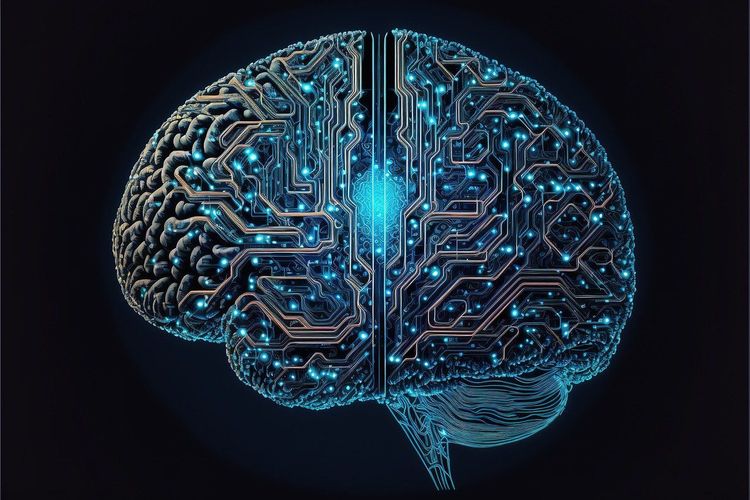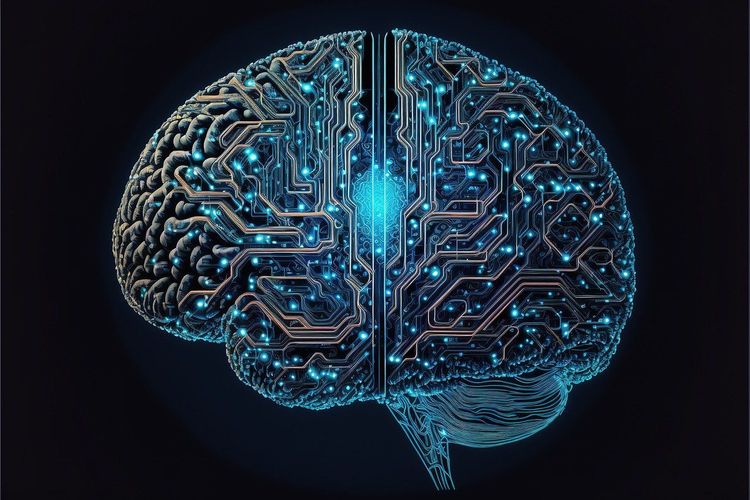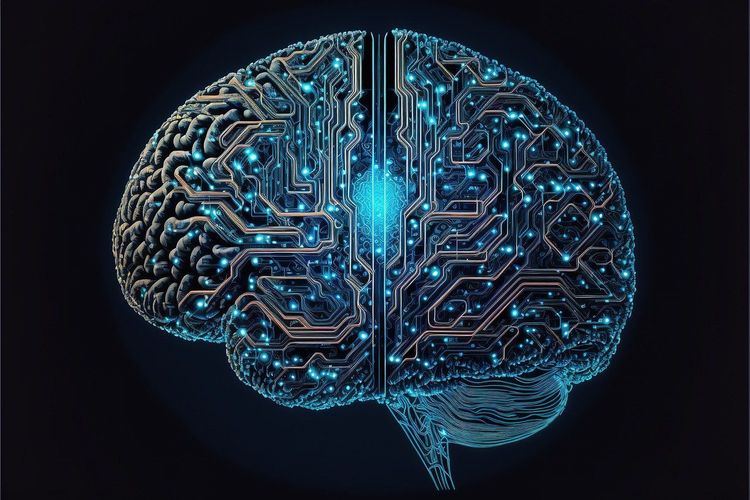Open-source artificial intelligence is experiencing a pivotal transformation, challenging the dominance of proprietary systems and redefining the AI landscape.
Recent developments have positioned open-source AI models at the forefront of technological innovation, promising to democratize access to advanced AI tools.
Introducing Frontier-Level AI
On Tuesday, Meta's CEO Mark Zuckerberg announced Llama 3.1, claiming it has reached “frontier-level” performance, suggesting that this free AI tool rivals the advanced models from giants like OpenAI, Google, and Anthropic. Just a day later, the French AI lab Mistral launched Mistral Large 2, a model reported to match or exceed existing top-tier systems, especially in multilingual capabilities.
A Shift in the AI Landscape
These simultaneous releases signify a major shift in the AI domain. For years, tech giants have tightly controlled access to their most powerful AI models over concerns related to safety and competition. Recent events have disrupted this status quo, igniting discussions about equity, innovation, and the ethical implications of making such transformative technology accessible.
Experts view these developments as a potential inflection point in AI history, reminiscent of key moments that have previously fueled technological revolutions.
Accelerating Global AI Development
The release of open-source, frontier-level models is poised to accelerate AI development worldwide, reshaping industries and redefining power dynamics within the tech sector. This democratization of advanced AI capabilities could usher in a new era of innovation and competition, significantly impacting businesses, researchers, and society as a whole.
Open-Source AI: Empowering Innovation
The implications of these announcements are profound. Smaller companies and individual developers can now access powerful AI capabilities without the financial burdens or vendor lock-in associated with proprietary systems. This accessibility is expected to spark a wave of global innovation as diverse teams leverage these tools to create unique solutions.
However, the widespread availability of sophisticated AI also introduces new challenges. Organizations must differentiate themselves in a landscape where advanced AI capabilities are becoming universally accessible. Business leaders need to formulate strategies that harness these open technologies while maintaining distinctive value propositions.
Geopolitical Considerations
The geopolitical ramifications of this shift are significant. As AI becomes a critical factor in national competitiveness, the rise of open-source models could reshape the global technology landscape. Countries that effectively utilize these resources may gain substantial advantages in AI development and implementation.
The Dual Nature of Open-source AI
While this progress is exciting, it's crucial to approach claims of parity with caution. The AI field is characterized by rapid advancement and evolving benchmarks, making "frontier-level" a fluid concept. Moreover, a model's raw capabilities are only part of its effectiveness; data quality, fine-tuning, and application-specific optimizations are essential for real-world performance.
The open-sourcing of advanced AI also intensifies discussions around safety and ethics. While transparency can help identify and correct biases or vulnerabilities, it may also lower barriers for malicious actors seeking to exploit these powerful tools. The AI community faces a pressing challenge: balancing openness with responsible development.
Policymakers must recognize the need for adaptive regulatory frameworks that keep pace with technological advancements, ensuring public safety and ethical AI usage. The tech industry may need to reassess business models and competitive strategies in this landscape of accessible, cutting-edge AI capabilities.
Towards a Collaborative AI Future
As we reflect on this landmark week, the true impact of these milestones will depend on how effectively the global community harnesses open-source AI's potential while addressing associated risks. The democratization of frontier-level AI could accelerate innovation, transform industries, and reshape our relationship with artificial intelligence.
In this new era, collaboration and ethical considerations will be crucial. The open-source AI revolution promises to unlock unprecedented opportunities but requires a heightened sense of responsibility from developers, businesses, and society at large.
As we navigate this transformative period, one thing is certain: the future of AI is becoming more open, accessible, and participatory, and the pace of change is rapidly increasing.







